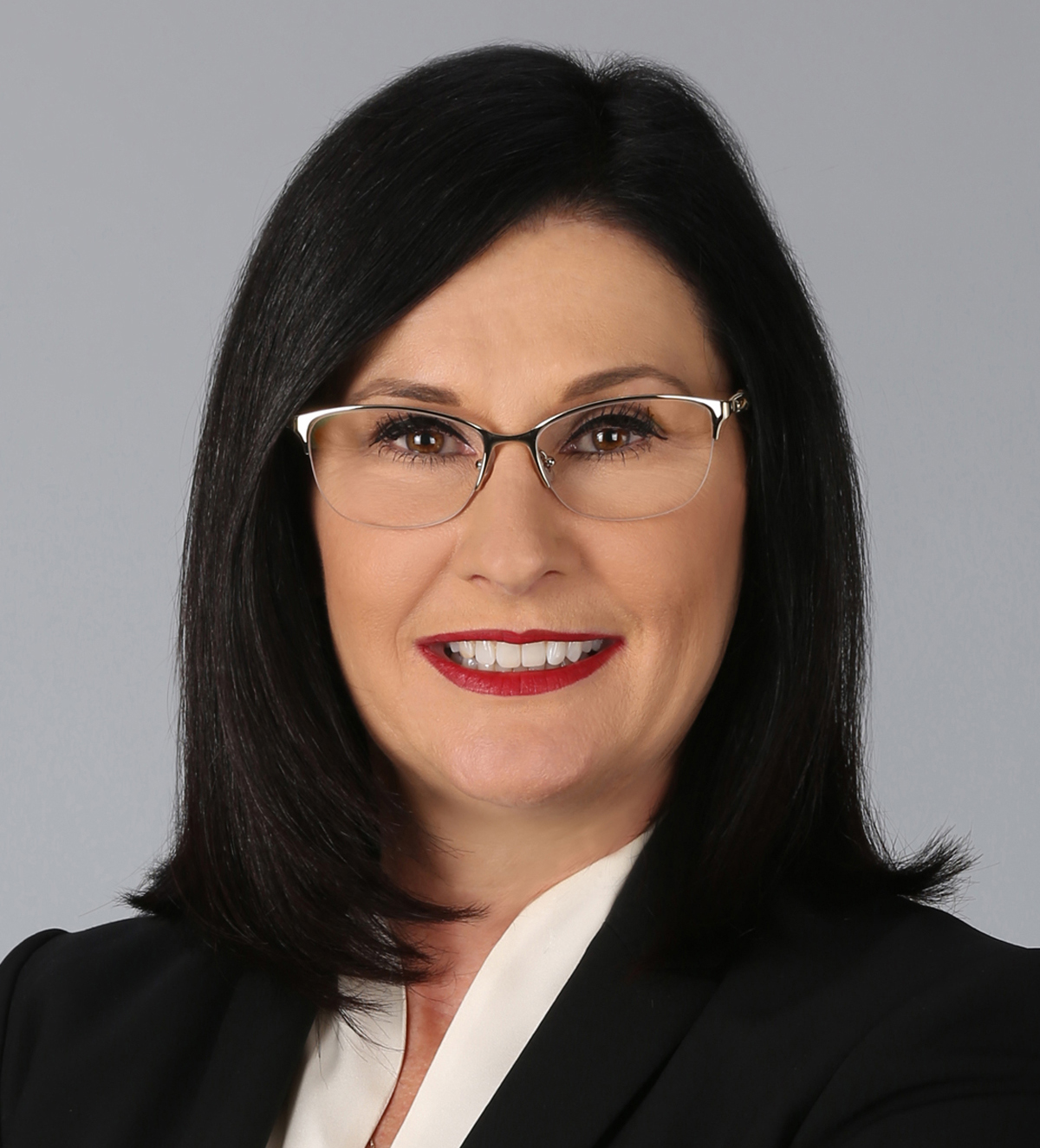Are salespeople born or are they made? I hear this question a lot. The answer is: They are “made.” There are learned characteristics that help catapult success in sales. We often believe that outgoing, effervescent personalities make the perfect salespeople. Often they do not, and for different reasons than you’d think.
First and foremost, when it comes to sales success, the two most important things a sales superstar needs to have are commitment and desire. They have to have the desire to be successful and the commitment to do whatever it takes to get there.
Other characteristics are also very important in assessing sales success. These are actually based on beliefs the salesperson has and not on his or her personality. Here are some of them:
Take personal responsibility
Salespeople who lack this trait always blame someone else (the prospect, the competition, the economy) for their lack of success. They have an answer for everything and an external explanation for why they didn’t get the business.
So, how do you test someone to see if he or she has this trait? Ask this question: “If the economy shifts downward 15 to 20 percent, and your goals were based on last year’s figures, how should your goal numbers change?” You want to hear: They shouldn’t – not at all.
The reason is that when the economy is good, salespeople are often “order takers,” rather than being true salespeople. They often forget (if they ever had it to start with) their real selling ability. A successful salesperson finds a way to make sales happen and will not accept that external factors are responsible.
Can control emotions
People who lack this trait take things a prospect says personally. They get excited over comments the prospect makes and do a lot of defending instead of learning why the prospect said what they did.
To test for this trait, ask: “If a prospect says he or she is unwilling to work with us because of a bad past experience, what would you do?” The answer you want: The salesperson will find out why and what happened.
The wrong answer begins with, “Yeah, but” and defends something that not only doesn’t work, but also doesn’t get to the root of the real problem. For you to find out, you have to dig deep and ask the right questions.
How they make their own purchases
This is a huge clue telling you how about that person’s selling style. A salesperson that comparison shops will empathize with prospects who do the same. Typically, this person’s No. 1 factor in getting a “good deal” is the lowest cost. This could be trouble.
So how do you test the trait? Ask this question: “When you’re shopping for a large purchase, what’s your process like?” What you want to hear is that their process includes things such as deciding what they want, going to one or two stores and buying it that day.
Why is this important? Because the more research and comparison shopping your salespeople do overrides what you teach about getting a commitment from the prospect. If they believe in looking around and comparing a lot, they may empathize with the prospect that says, “This looks good! But I need to look at a few other proposals.” (Translation: “I’m not interested in yours.”)
There are many other characteristics of a good salesperson, but these three are interesting because most employers don’t look for them. Instead, they look for someone who’s outgoing, a “real people person.” Not only is that not what to look for, it can hurt you because the salesperson’s underlying beliefs are unknown. ?
Greta Schulz is president of Schulz Business, a sales consulting and training firm. She is a best-selling author of “To Sell is NOT to Sell” and works with Fortune 1,000 companies and entrepreneurs. For more information or free sales tips, go to schulzbusiness.com and sign up for “GretaNomics,” a weekly video tip series, or email sales questions to greta@schulzbusiness.com.













